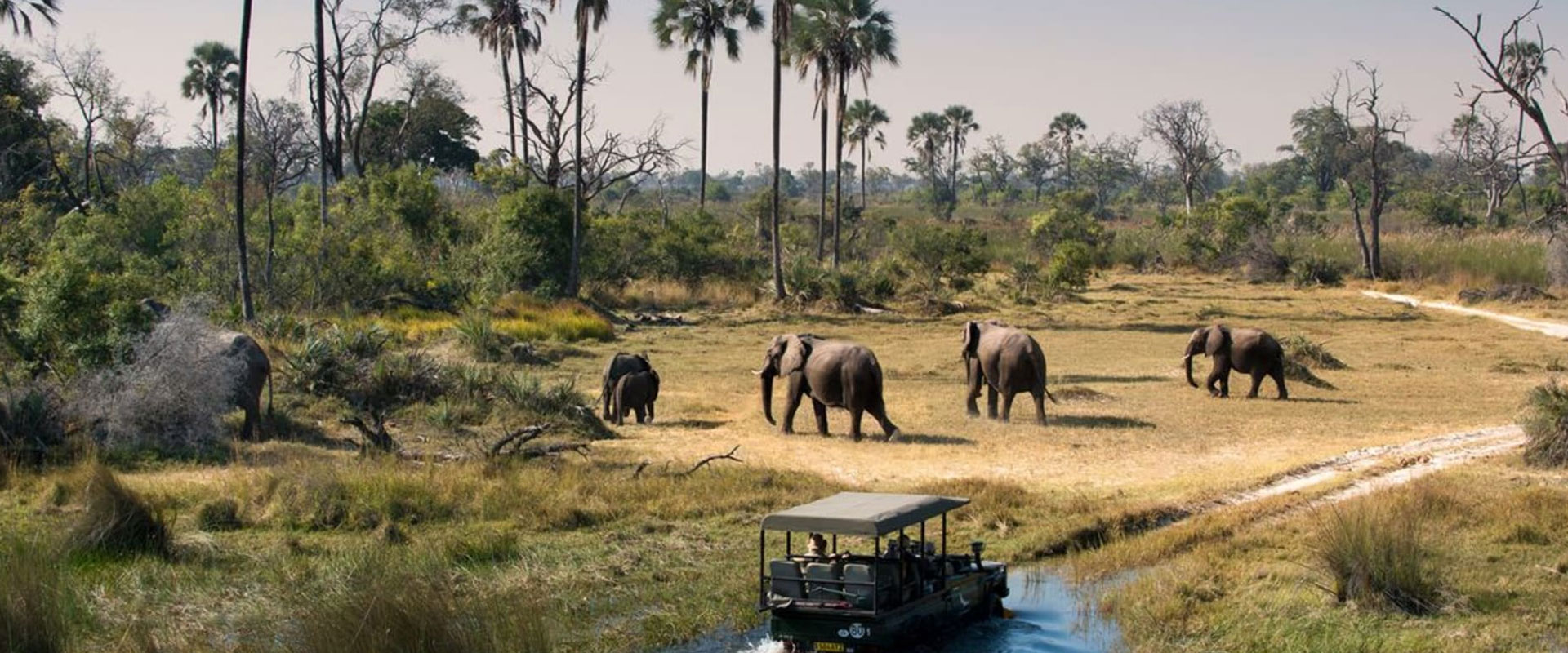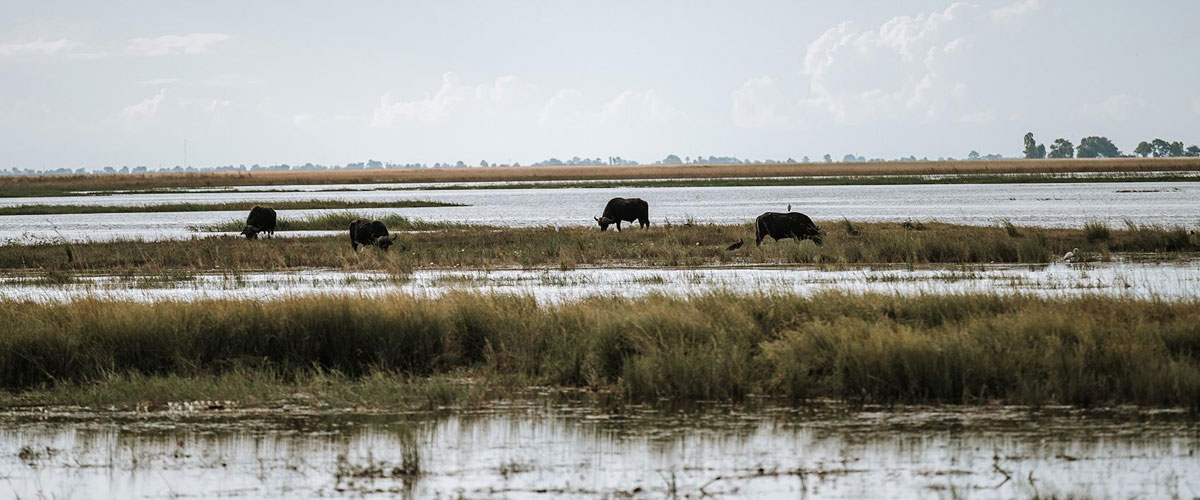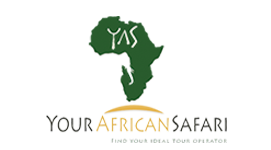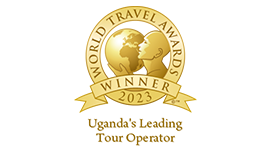The dry winter months of May to October are the best times to visit Botswana if you want to see wildlife. Throughout these months, game viewing is at its best as animals congregate around the few surviving water sources, which are rare in the drier season.
Botswana's cooler months of June through August are the greatest times of year for luxury safaris because the weather is ideal for wildlife drives and malaria risk is at its lowest.
The best way to decide when to travel to Botswana is to consider the experiences you wish to have. Botswana's wildlife tends to scatter during the wet summer months of January through April, but a number of locations, like the Kalahari and the Savuti region of Chobe, offer outstanding summer game viewing since they are in the way of migrating animals, especially zebras.
BOTSWANA WEATHER OVERVIEW
Best Time - June to September, March to May
High Season - July to October
Low Season - December to April
Best Weather - April and May (Moderate temperatures)
Worst Weather - October and November (Very hot), January and February (Peak of Wet season)
BEST TIME TO VISIT BOTSWANA BY SEASON
The Best Seasons for Planning Your Botswana Safari Tours are;
Wet season: November to April
Dry Season: May to October
DRY SEASON (May to October)
With less vegetation, wildlife tend to gather around water sources making them easier to see.
There are fewer bugs, clearer skies, and less rain.
Most parks feel uncrowded despite the fact that the majority of visitors come during the dry season, with the exception of the busy Chobe riverbank area.
WET SEASON (November to April)
During this season, the countryside is greener and the prices are lower.
Even if it's easier to see wildlife during the dry season, there is still a ton of it to see during this season as well.
Views of newborn animals and migratory birds.
BEST TIME TO VISIT BOTSWANA NATIONAL PARKS
All Botswana National Parks are best visited during the Dry season from May to September, during the Dry season and winter.
| National parks | JAN | FEB | MAR | APR | MAY | JUN | JUL | AUG | SEP | OCT | NOV | DEC |
| Central Kalahari | Excellent | Excellent | Excellent | Excellent | Excellent | Good | Good | Good | Good | Good | Good | Excellent |
| Chobe NP | Good | Good | Good | Good | Excellent | Excellent | Excellent | Excellent | Excellent | Good | Good | Good |
| Makgadikgadi Pans NP | Good | Good | Good | Good | Good | Good | Good | Good | Good | Good | Good | Good |
| Moremi GR | Fair | Fair | Fair | Good | Good | Good | Excellent | Excellent | Excellent | Excellent | Good | Good |
| Nxai Pan NP | Excellent | Excellent | Excellent | Good | Good | Fair | Fair | Fair | Fair | Good | Good | Excellent |
| Okavango Delta | Fair | Fair | Fair | Good | Good | Good | Excellent | Excellent | Excellent | Excellent | Good | Good |
THE TEMPERATURE OF BOTSWANA DESTINATIONS
Botswana’s climate is hot and dry for much of the year. The rainy season runs from the end of November to March but rainfall tends to be unpredictable and localized. In Winter, evening temperatures can drop to 5 degrees, but the days remain warm and sunny up to 25 degrees.
Botswana Safari
Quick Facts About Botswana

Let’s Start Designing Your Holiday
Reward or motivate your team with a trip of a lifetime. Our incentive packages will energize them, leave them engaged, and constantly strive to improve and deliver beyond expectations.
Botswana Safari
Botswana Travel Guide
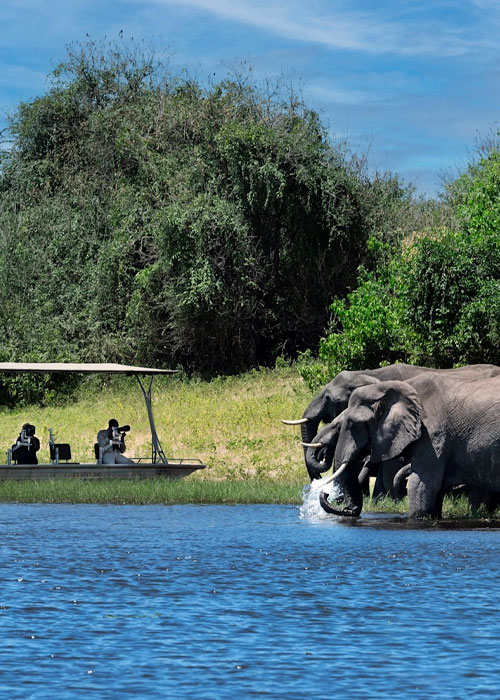
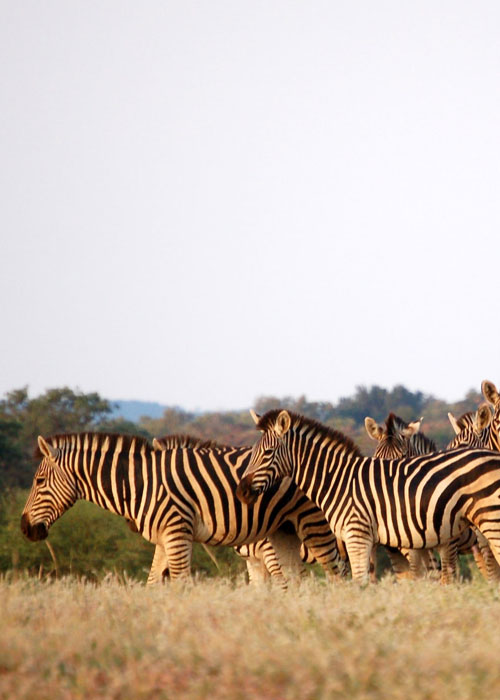
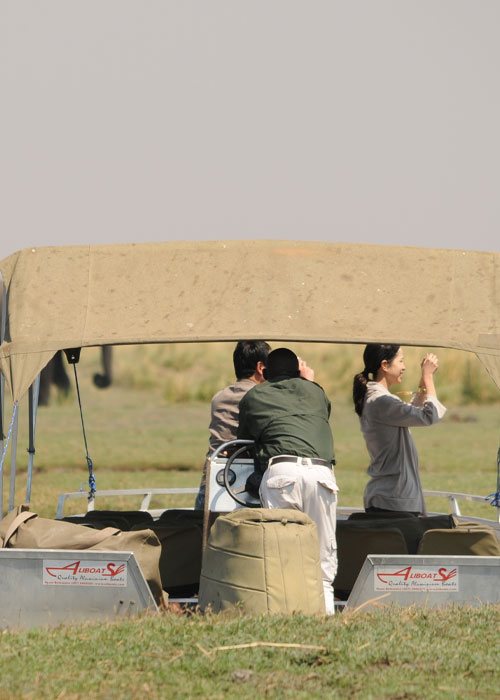
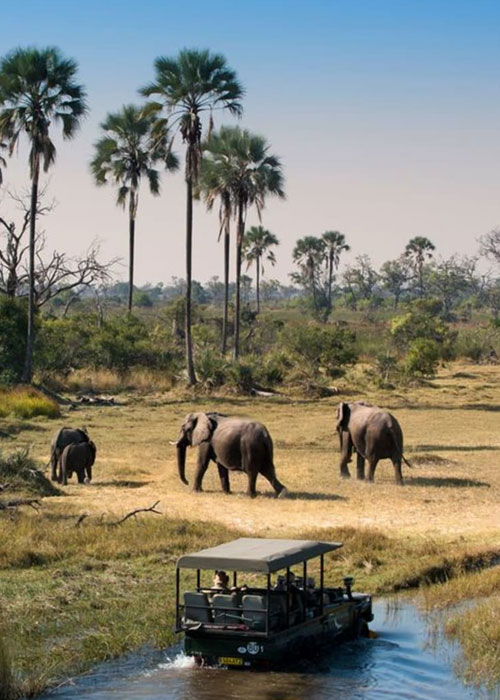
Botswana Safari
Frequently Asked Questions
Botswana is considered one of the premier safari destinations in Africa, renowned for its vast wildlife reserves, diverse landscapes, and exceptional viewing opportunities. The Okavango Delta, Moremi Game Reserve, and Chobe National Park are just a few of the iconic locations teeming with incredible wildlife, from majestic elephants and lions to elusive cheetahs and a myriad of bird species.
The dry season, generally from May to October, is considered the prime time for safaris in Botswana. During this period, the vegetation thins out, making it easier to spot animals gathering around water sources. Additionally, the weather is generally sunny and warm, offering comfortable safari conditions.
The cost of a Botswana safari can vary widely depending on various factors such as the duration of the safari, the level of luxury desired, the time of year, and the specific activities included. On average, a mid-range safari package in Botswana might cost anywhere from $300 to $800 per person per day.
Visa requirements for entry into Botswana vary depending on your nationality. It's advisable to check with the nearest Botswana embassy or consulate or visit the official website of the Botswana immigration department to determine the specific visa requirements for your country of residence.
Botswana is renowned for its breathtaking natural beauty and diverse landscapes. From the lush Okavango Delta, one of the world's largest inland deltas and a UNESCO World Heritage Site, to the vast expanses of the Kalahari Desert and the wildlife-rich Chobe National Park, Botswana offers a mesmerizing tapestry of scenery.
Botswana boasts an impressive array of national parks and reserves, each offering a unique safari experience. As of the latest count, there are 4 national parks and a number of game reserves in Botswana. These include iconic destinations such as Chobe National Park, known for its large elephant herds; Moremi Game Reserve, renowned for its diverse wildlife and stunning landscapes; and Nxai Pan National Park, famous for its expansive salt pans and unique desert-adapted wildlife.
Botswana offers a diverse range of accommodation options to suit various budgets and preferences. Luxurious safari lodges and tented camps provide an immersive experience amidst the wilderness, often featuring comfortable accommodations to enhance your safari adventure. Alternatively, more budget-friendly options like guesthouses and campsites are also available, particularly in larger towns and villages.
The official currency in Botswana is the Pula (BWP). While USD, Euros, and South African Rands are accepted at some establishments, particularly in larger tourist areas, it's recommended to carry and exchange some Pula for everyday transactions. Major credit cards are also widely accepted at most hotels and lodges.
Botswana is generally considered a safe tourist destination with a low crime rate. However, as with any travel destination, it's advisable to exercise caution. Be mindful of your belongings in crowded areas, and avoid carrying excessive amounts of cash
The national language of Botswana is Setswana and is widely spoken. English is the second official language of Botswana and is widely spoken in tourist areas, making communication relatively easy.
Botswana Safari
Botswana Safari Itineraries
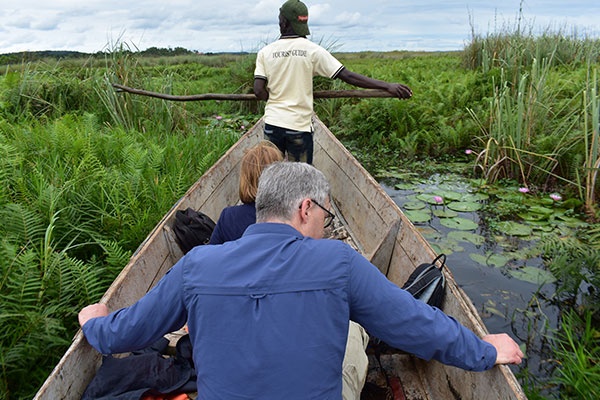
1 Day Entebbe Tour
Ziika Forest | Mabamba Wetland |Reptile Village
Uganda Day Trips
1 Day From $190
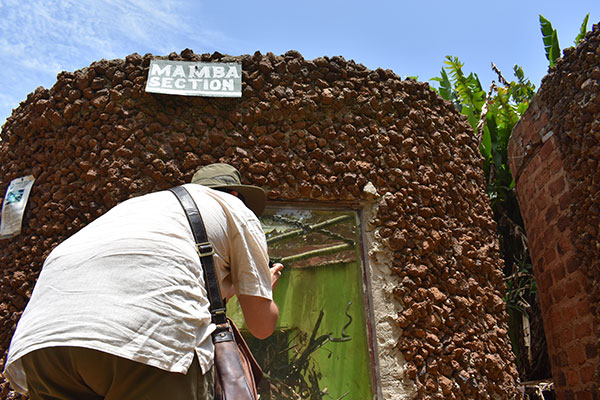
Half-day Entebbe Tour
Mabamba Wetland | Kigungu | Botanical Gardens
Uganda Day Trips
Half Day $ 115
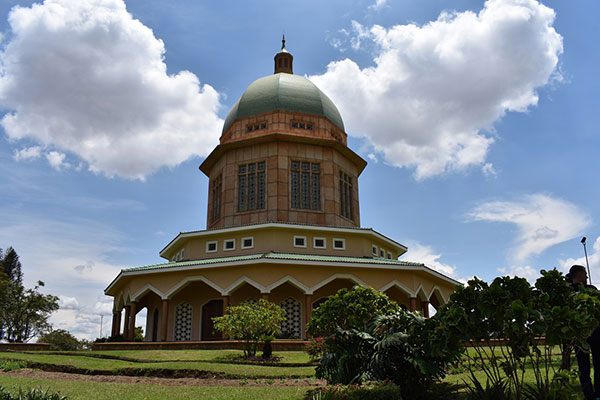
Kampala Full Day Tour
Kampala City
Uganda Day Trips
Full Day Tours $170
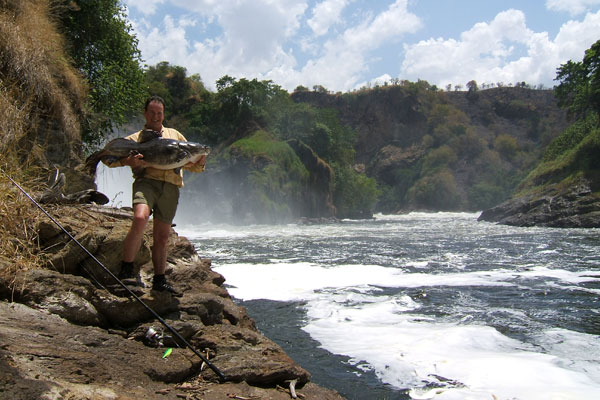
Uganda Chimps, Wildlife & Fishing Safari
Entebbe | Murchison Falls National Park | Kibale Forest National Park | Kampala
Uganda Fishing Safaris
8 Days From $3135
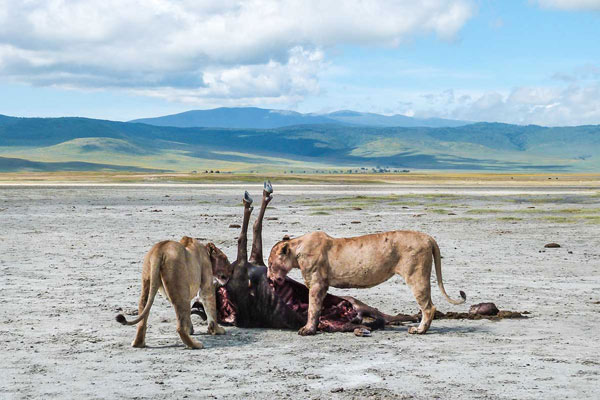
8 Days Tarangire, Ngorongoro, Serengeti To Manyara
Arusha | Tarangire | Ngorongoro | Lake Manyara
Tanzania Wildlife Safari
8 Days From $ 4448
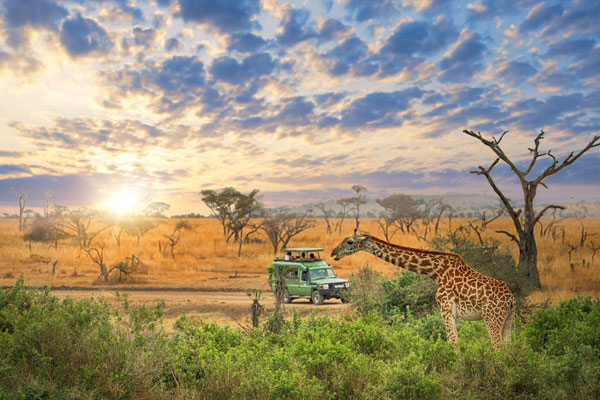
4 Days Explore Ngorongoro, Serengeti & Manyara
Arusha | Ngorongoro Conservation Area | Serengeti | Lake Manyara National Park
Tanzania Wildlife Safari
4 Days From $ 2030
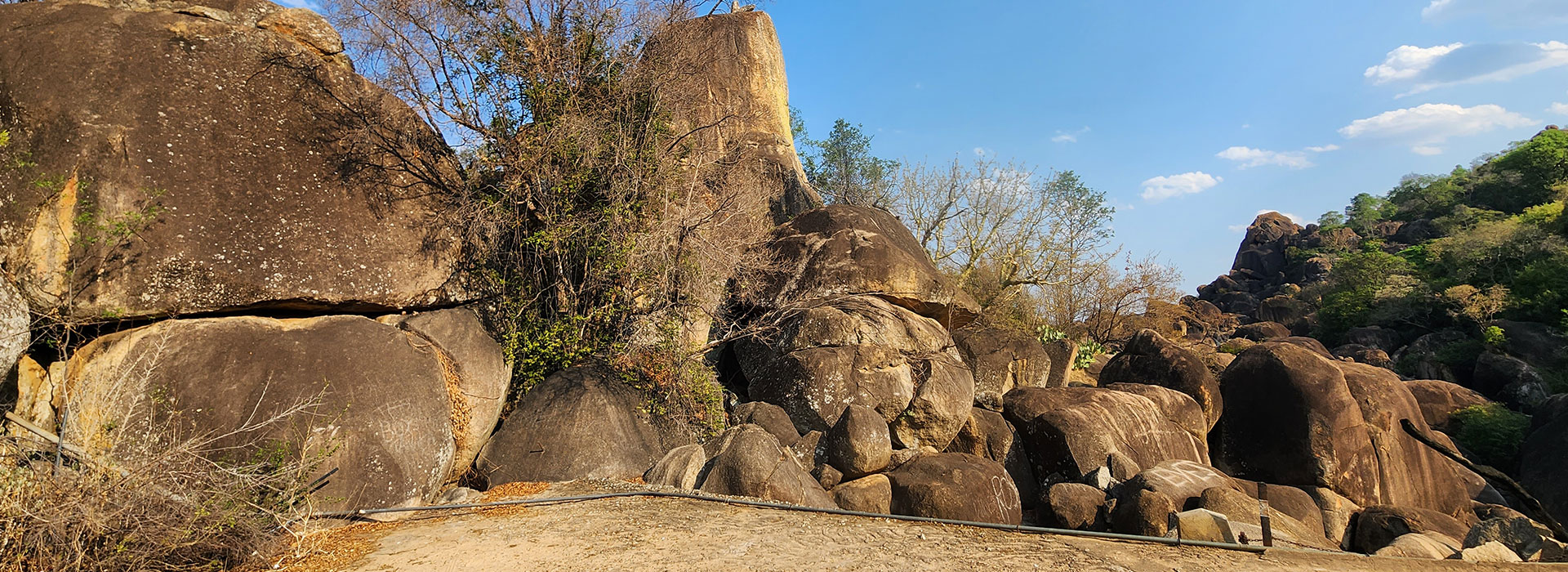
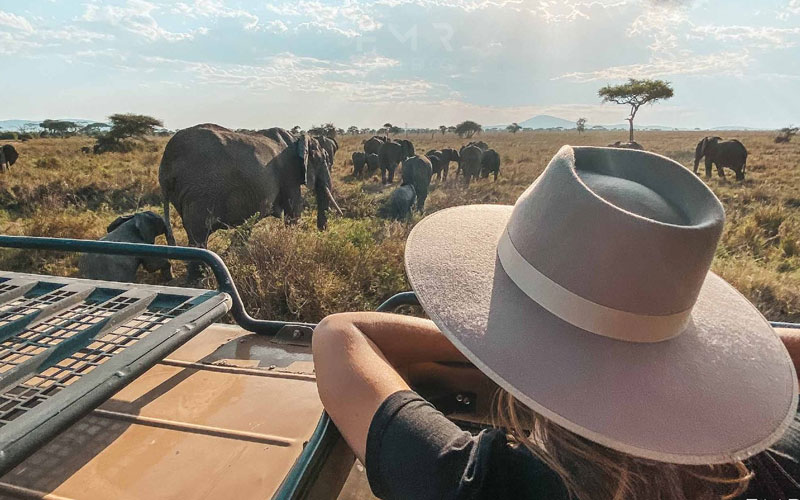

First Time On Safari ?
The best trip is the one you haven't taken yet. Let’s guide you.
